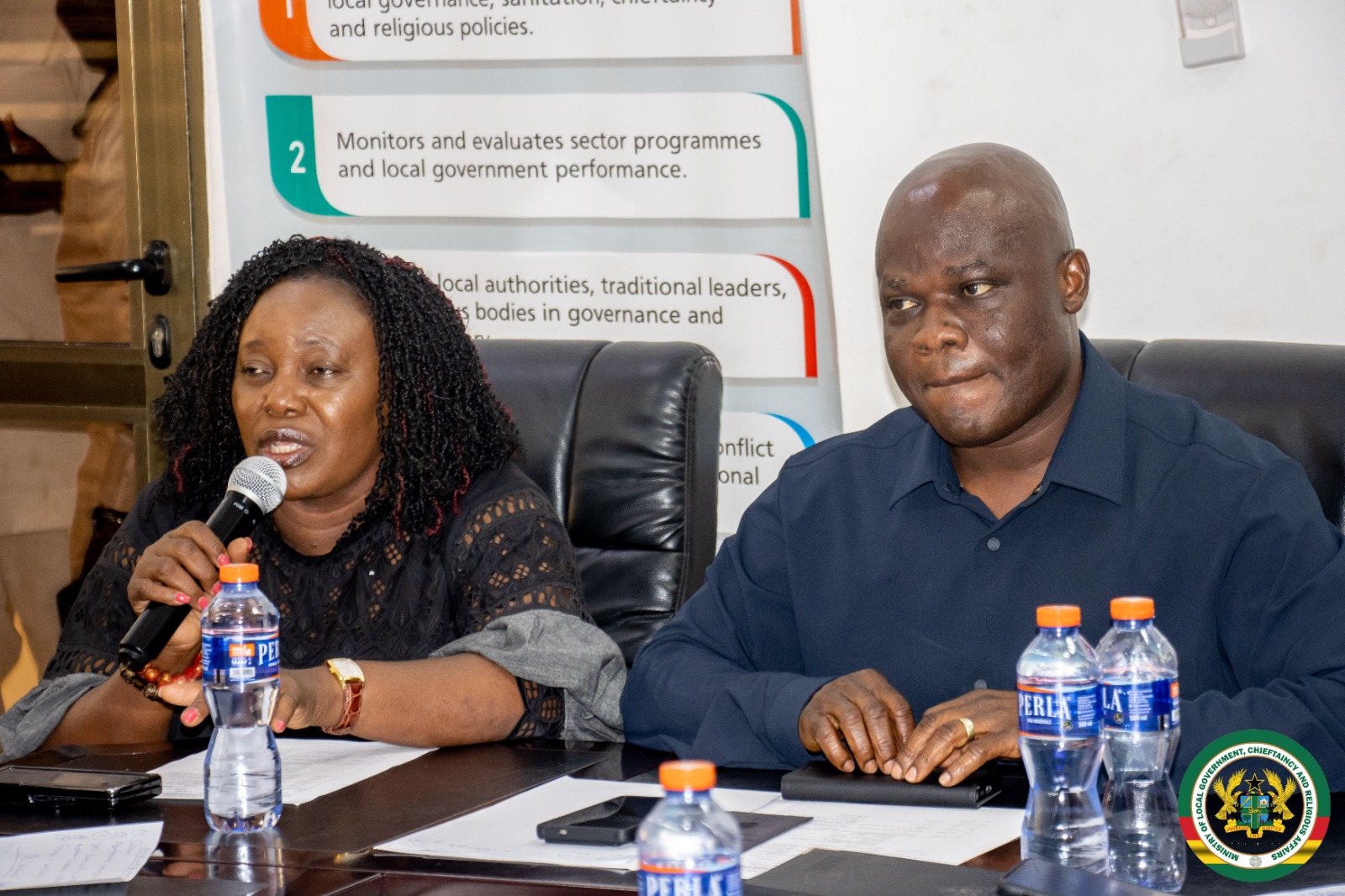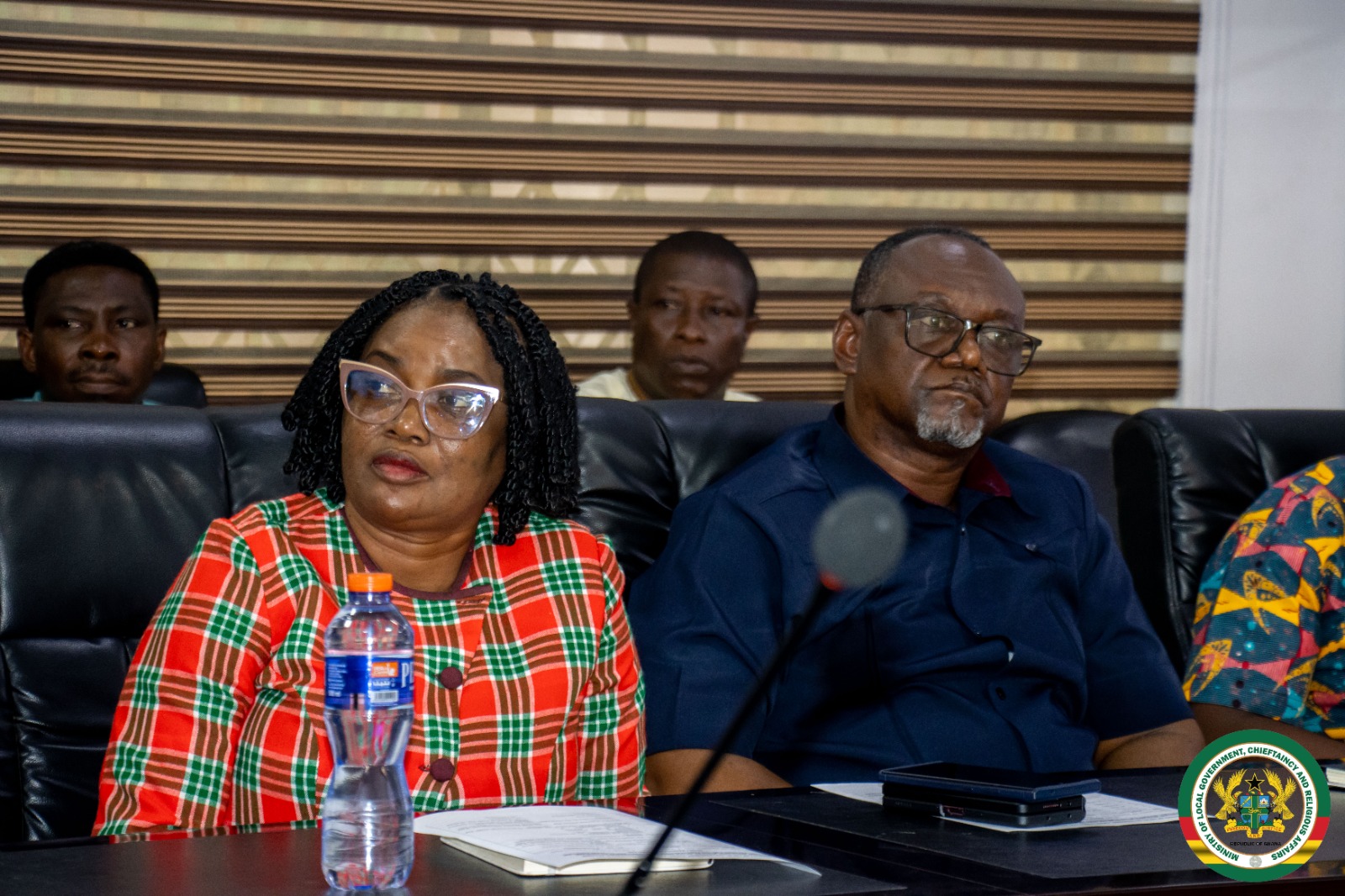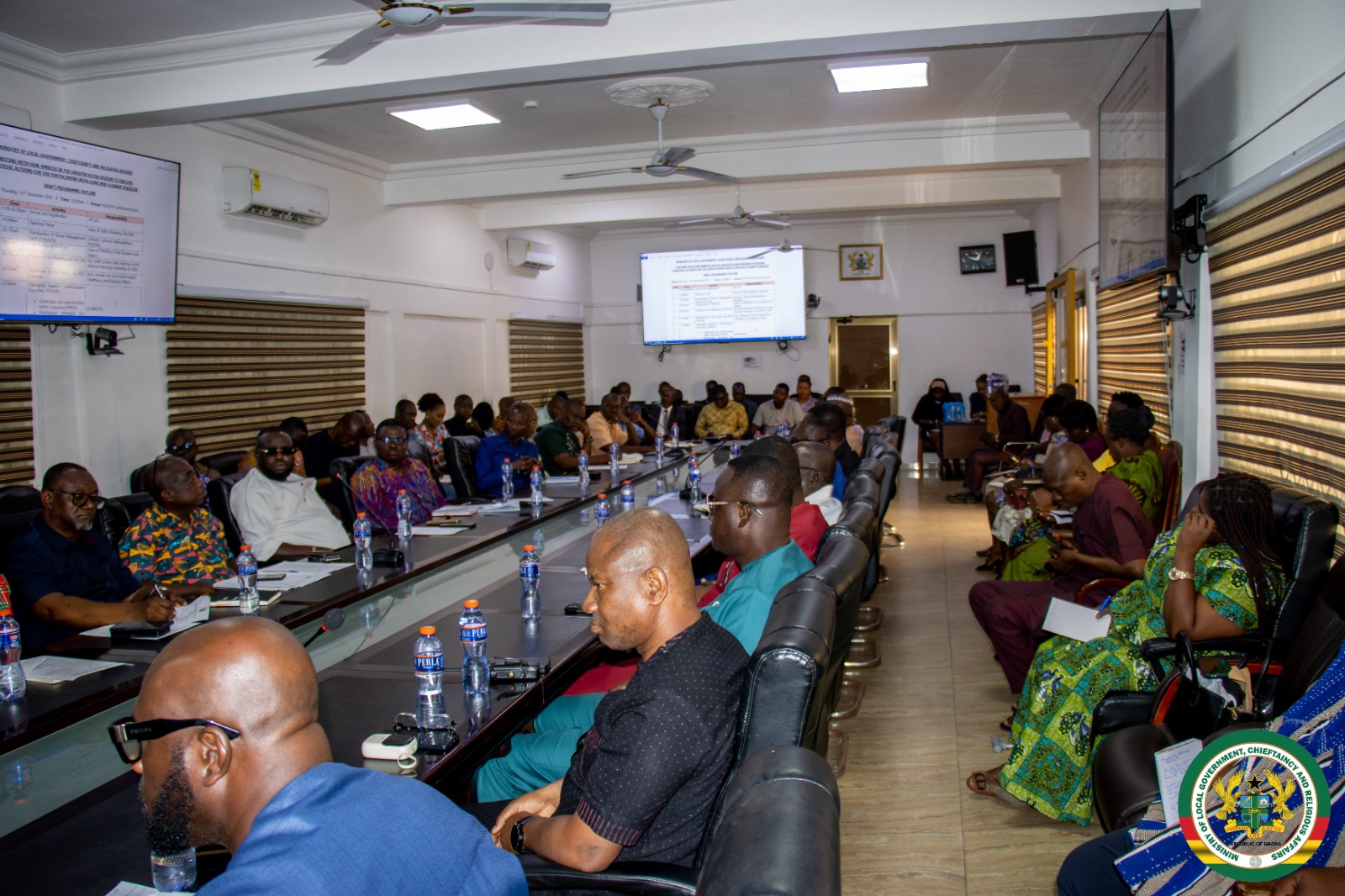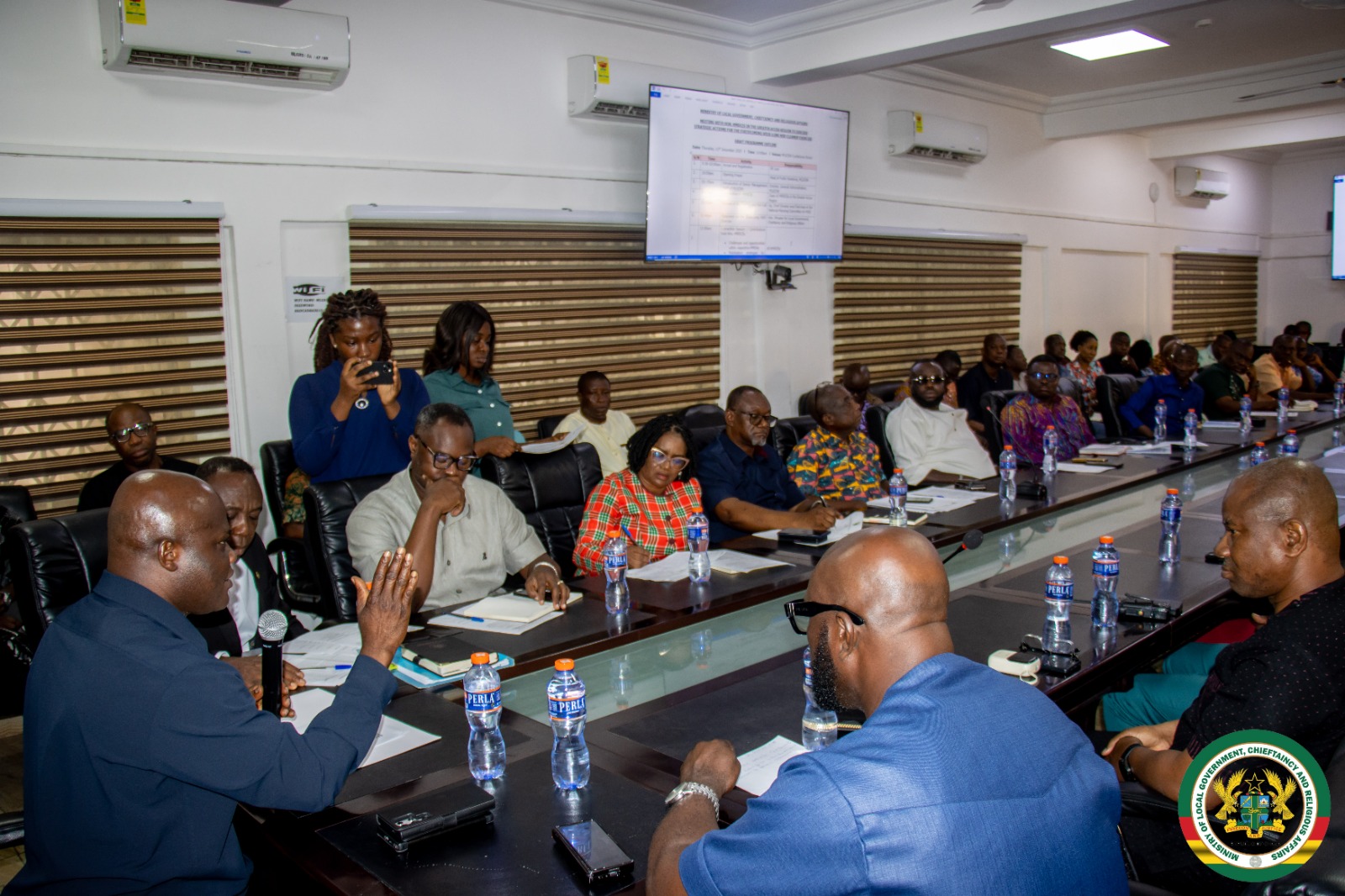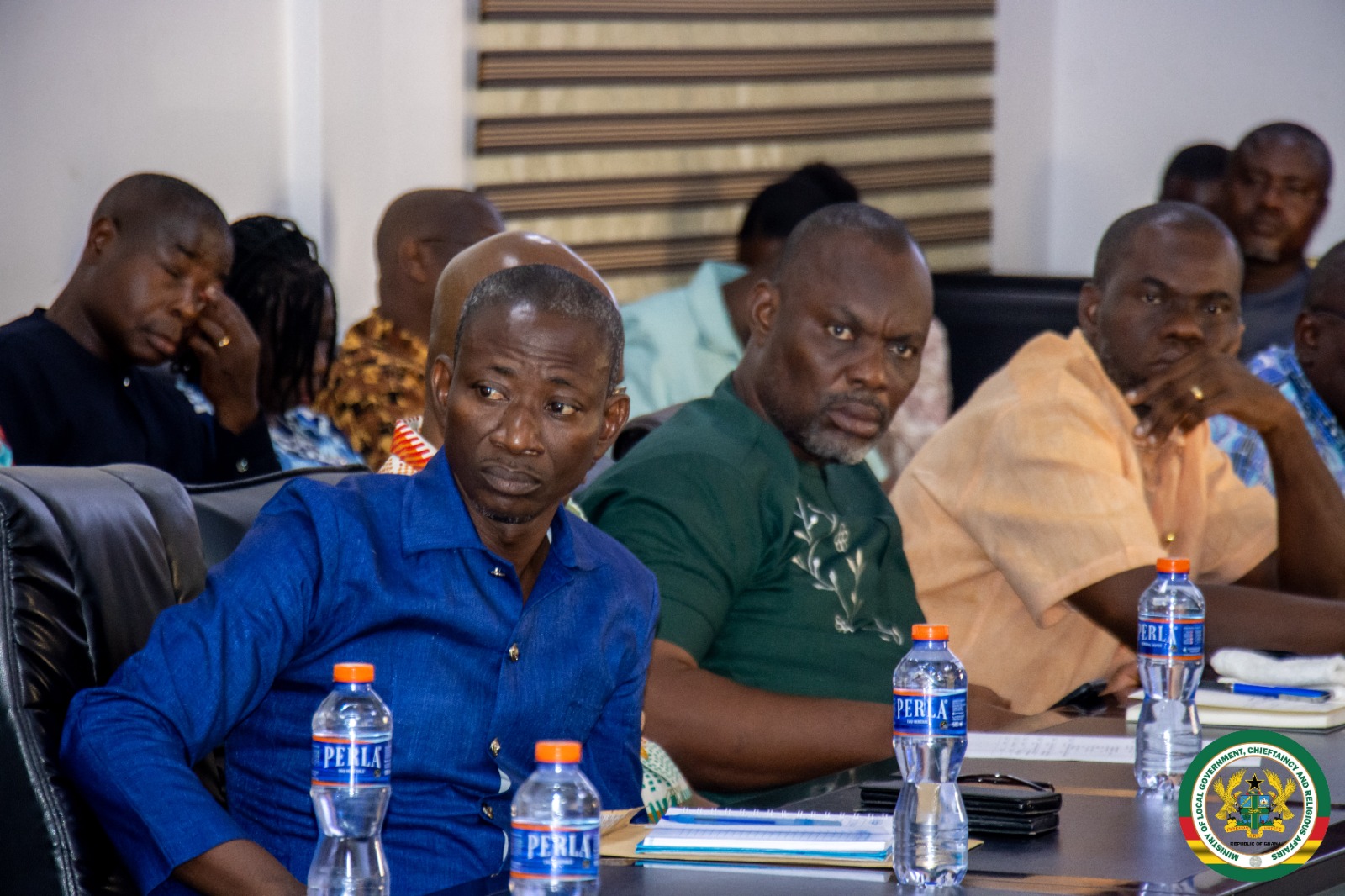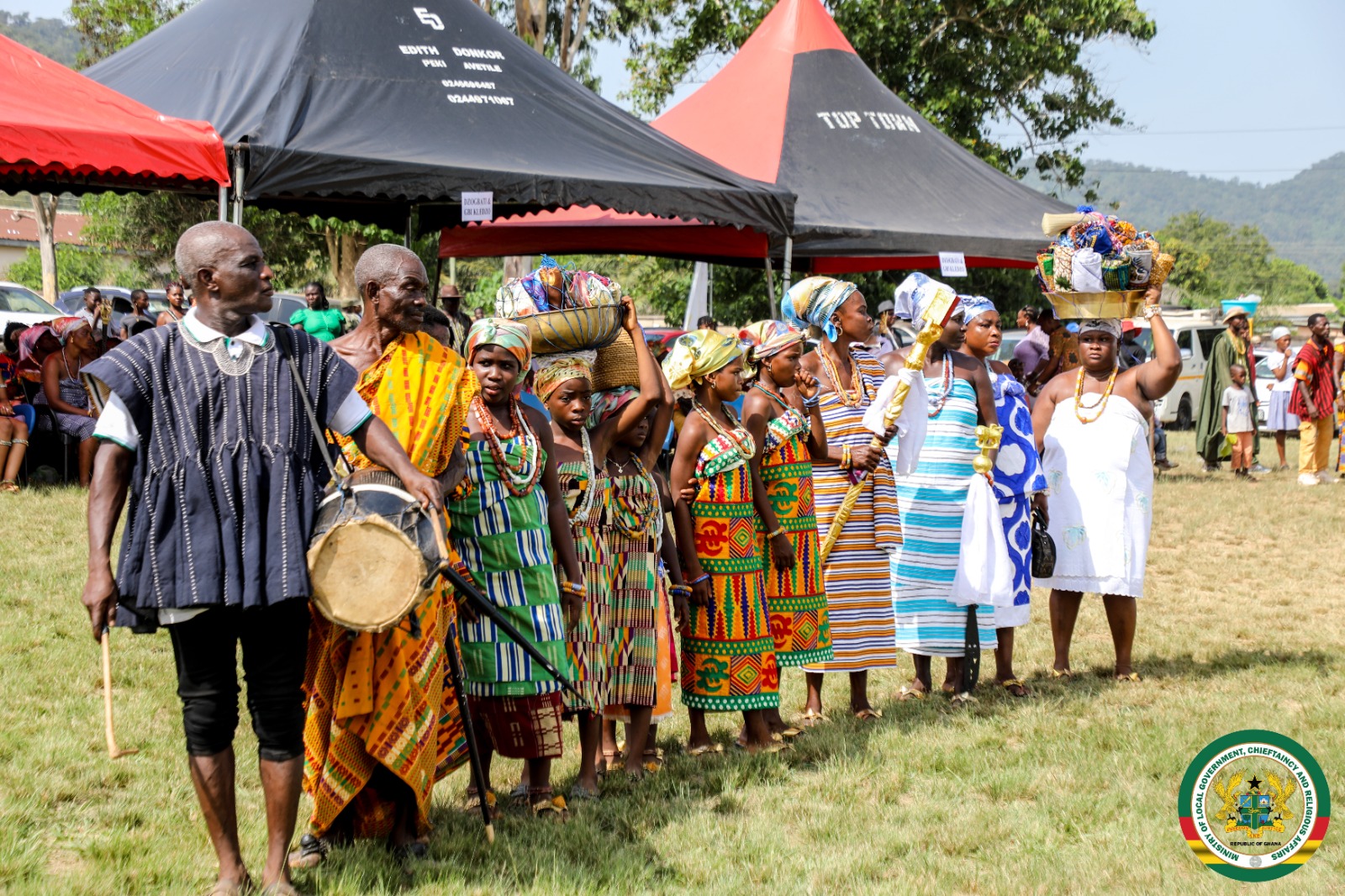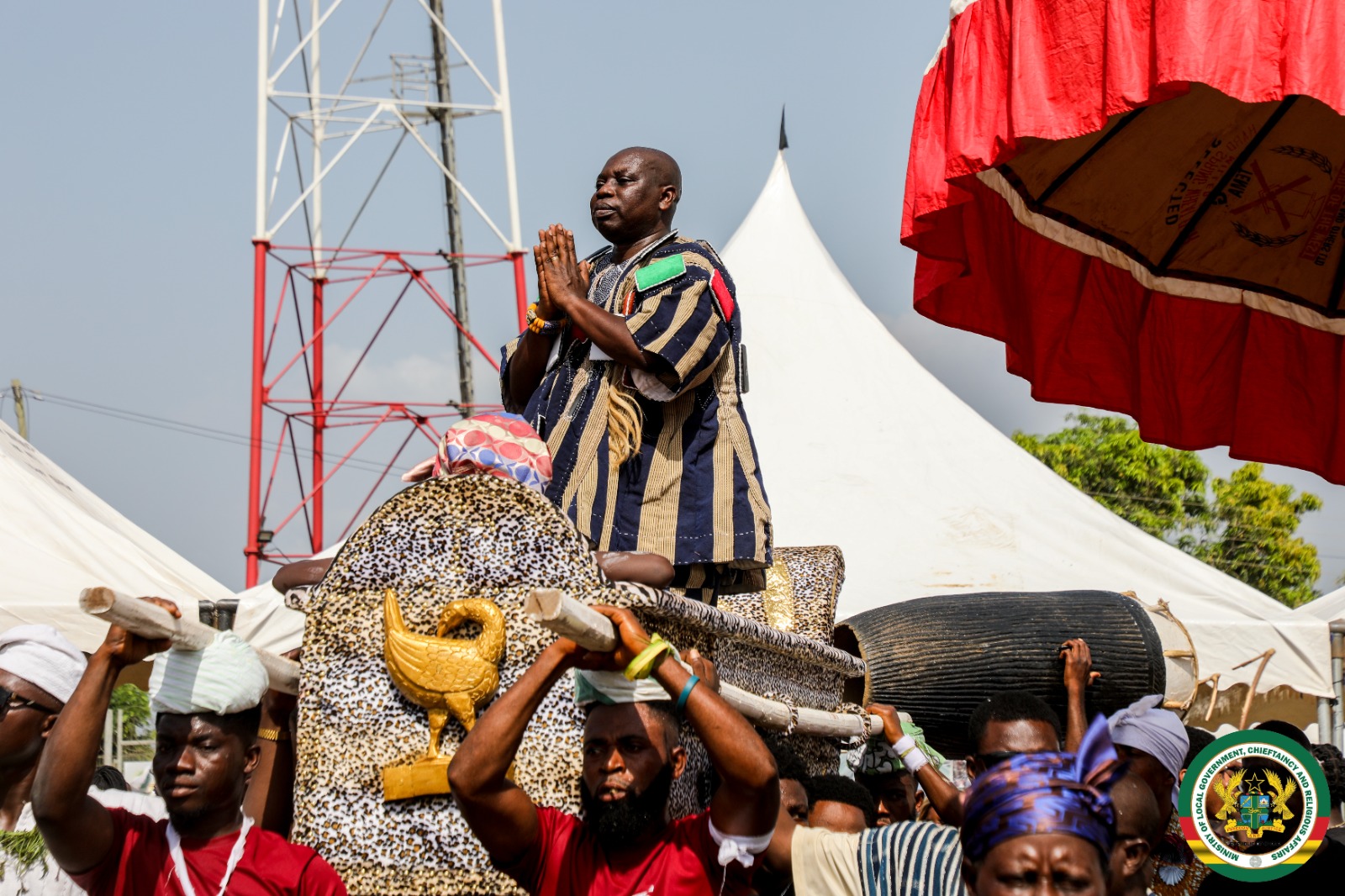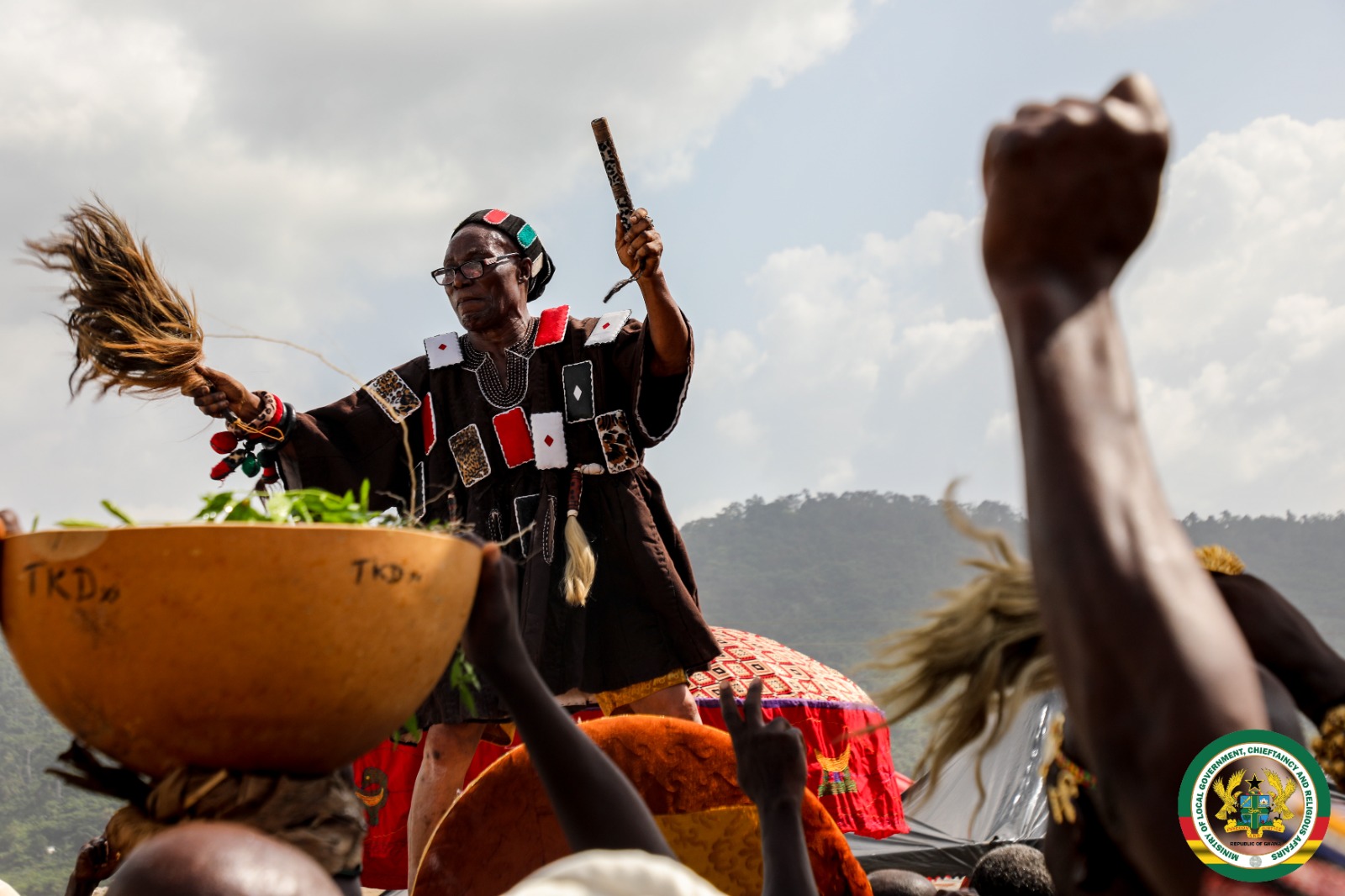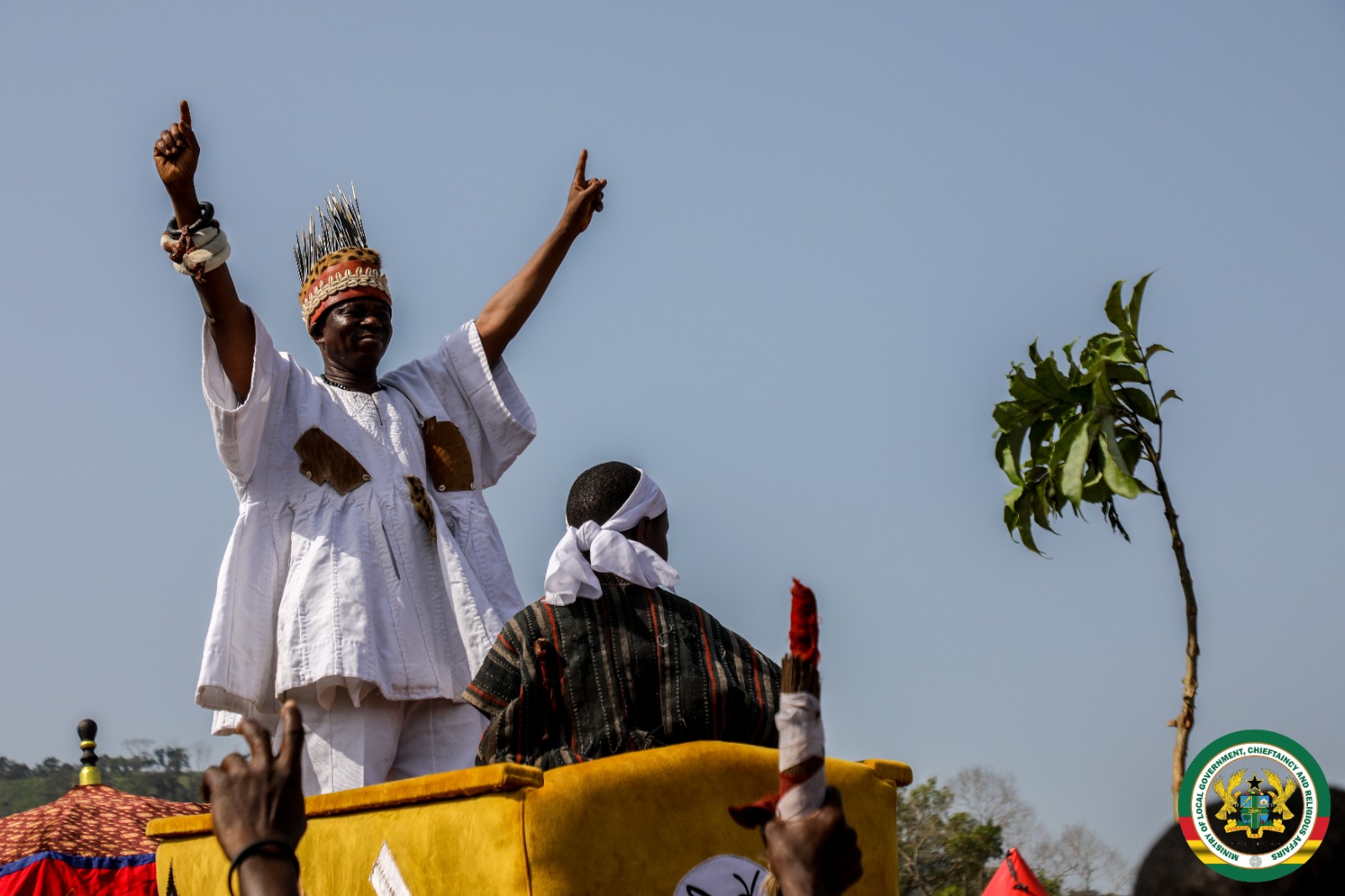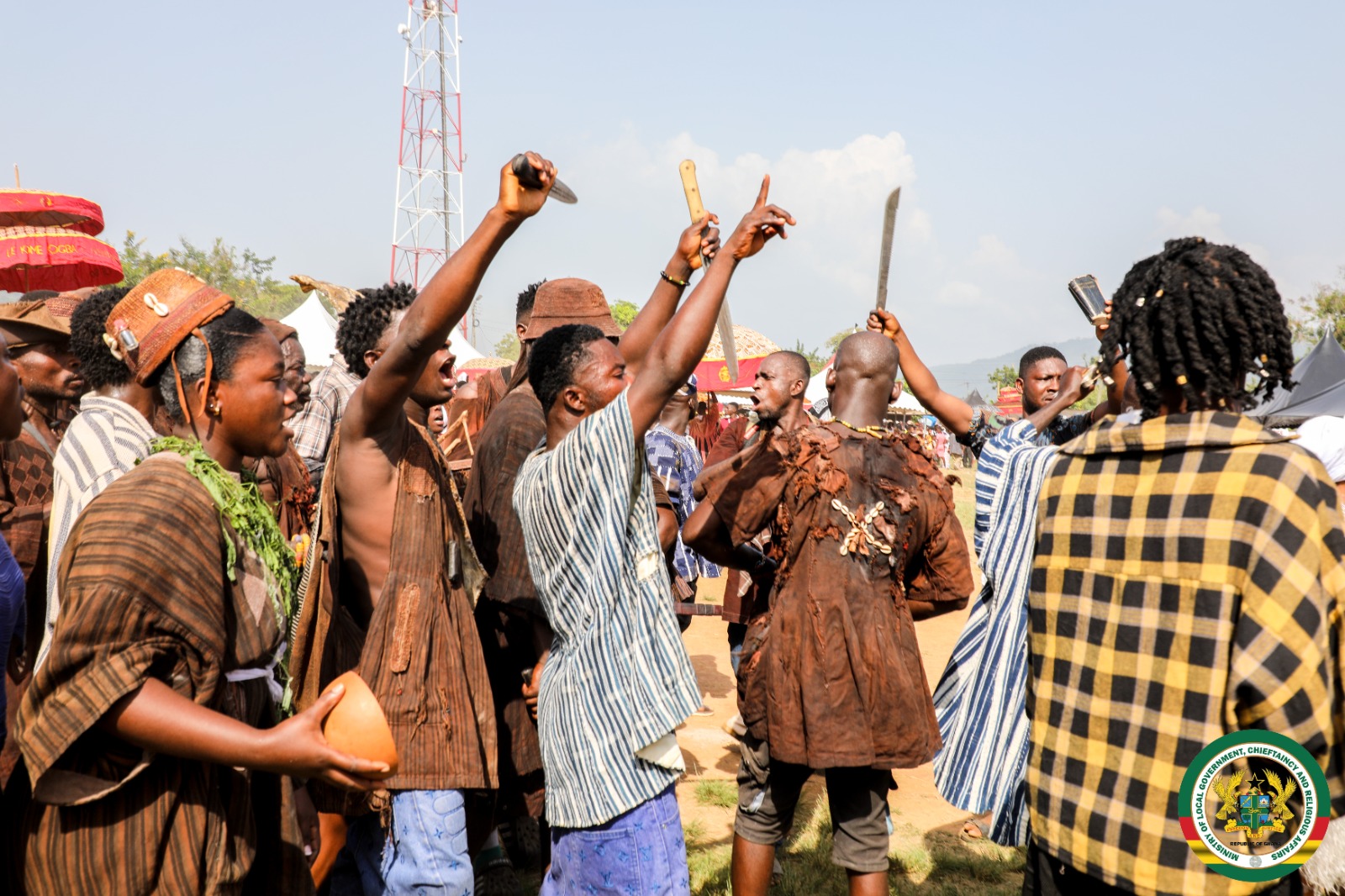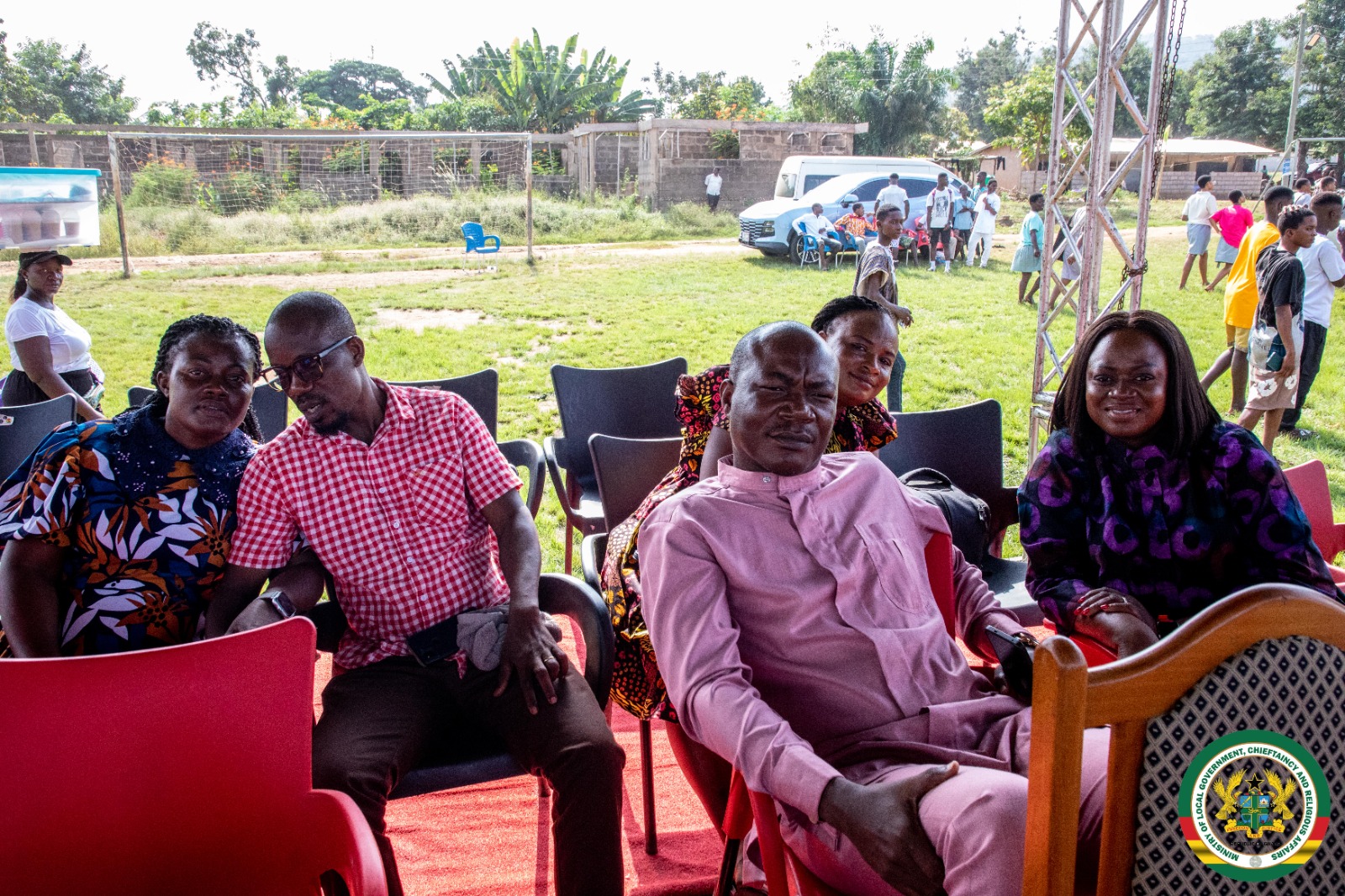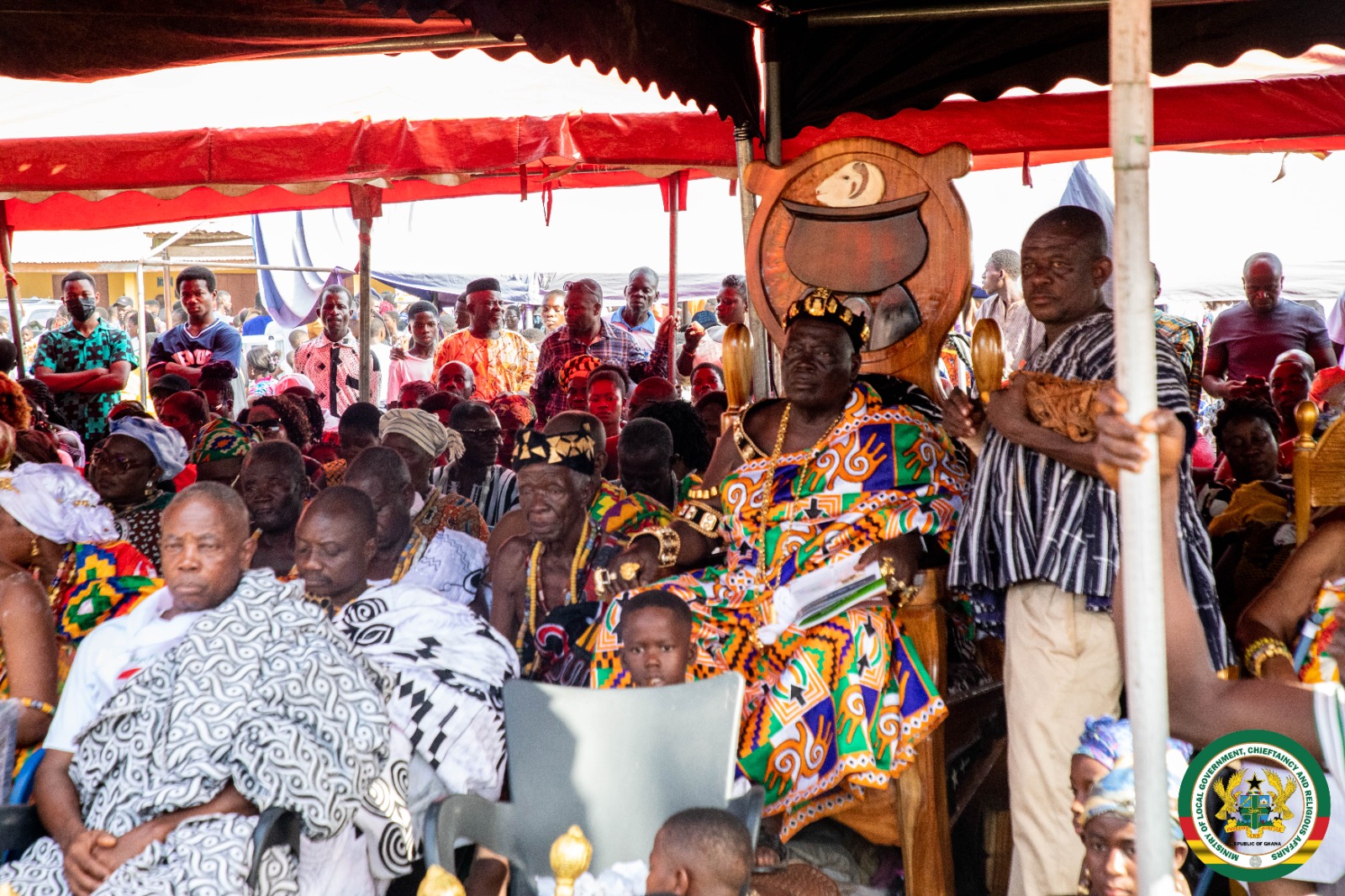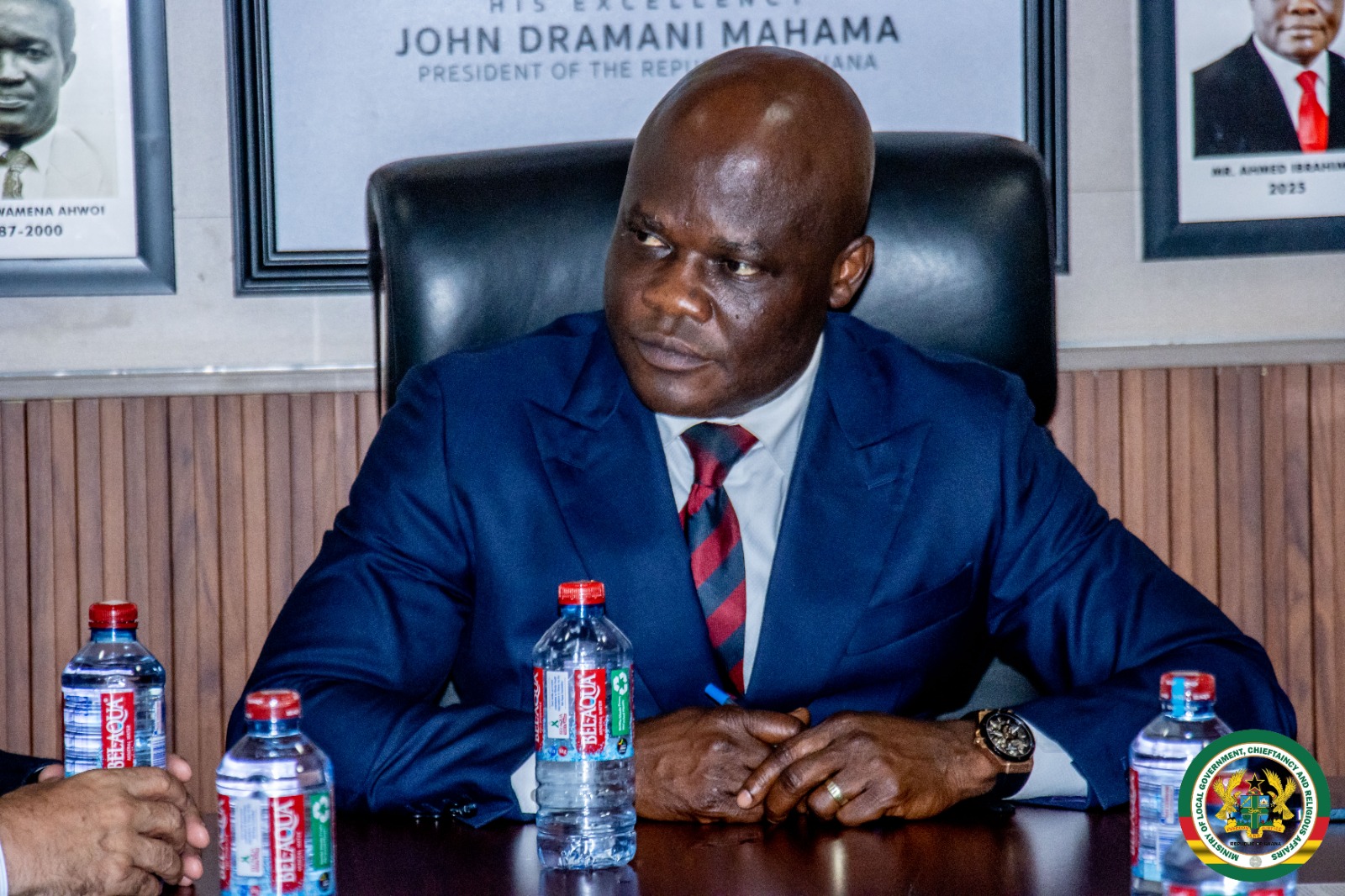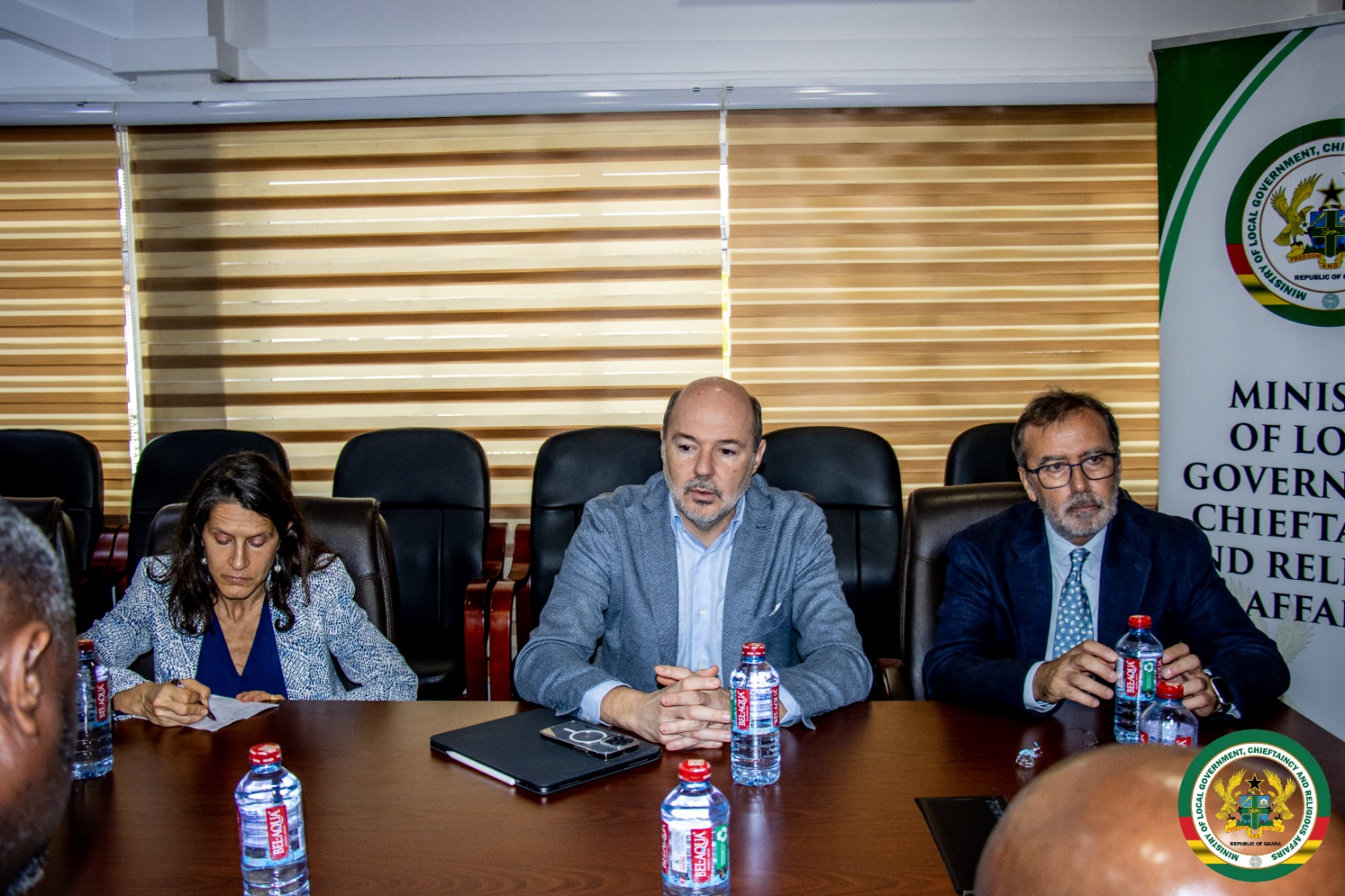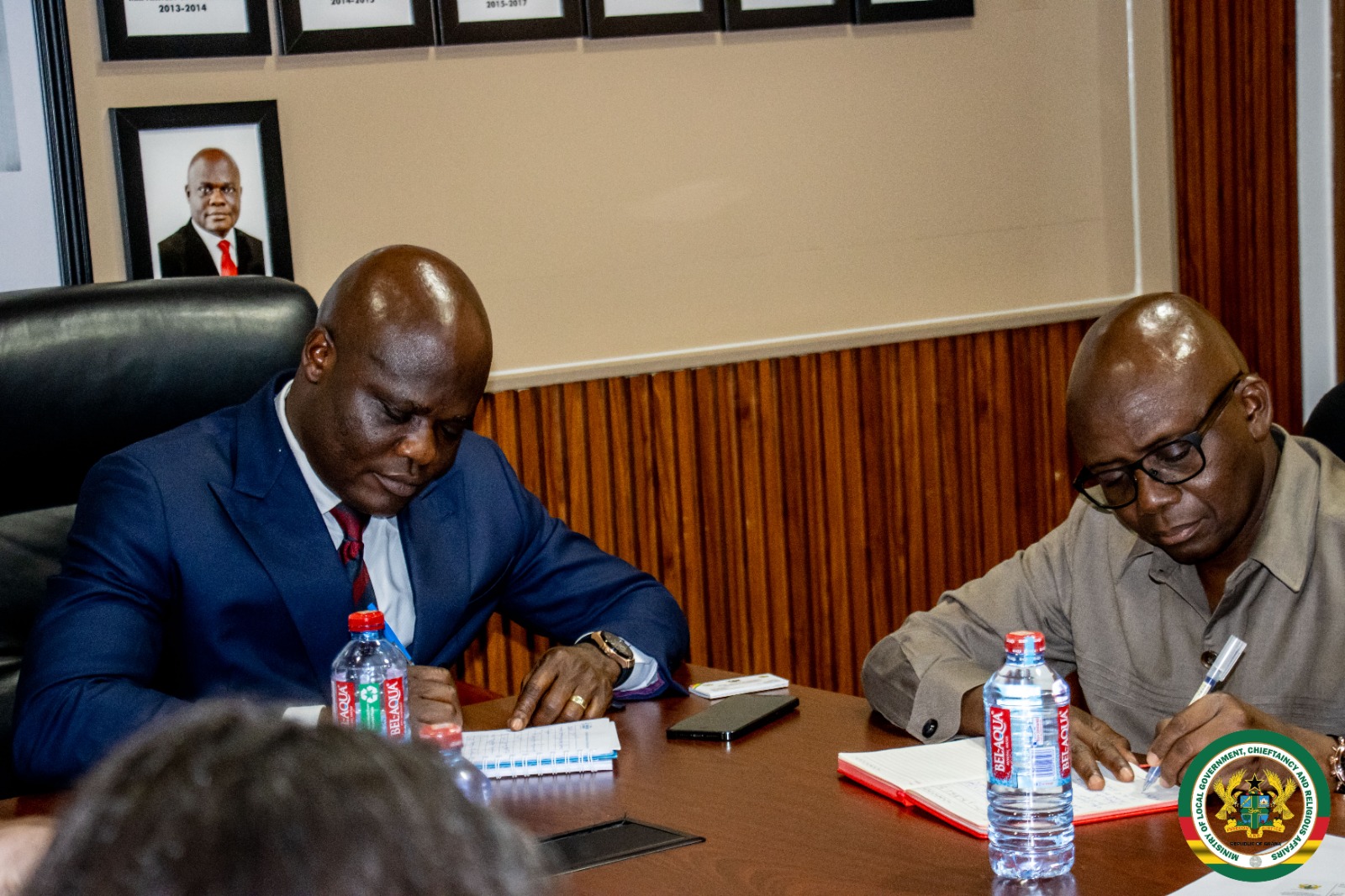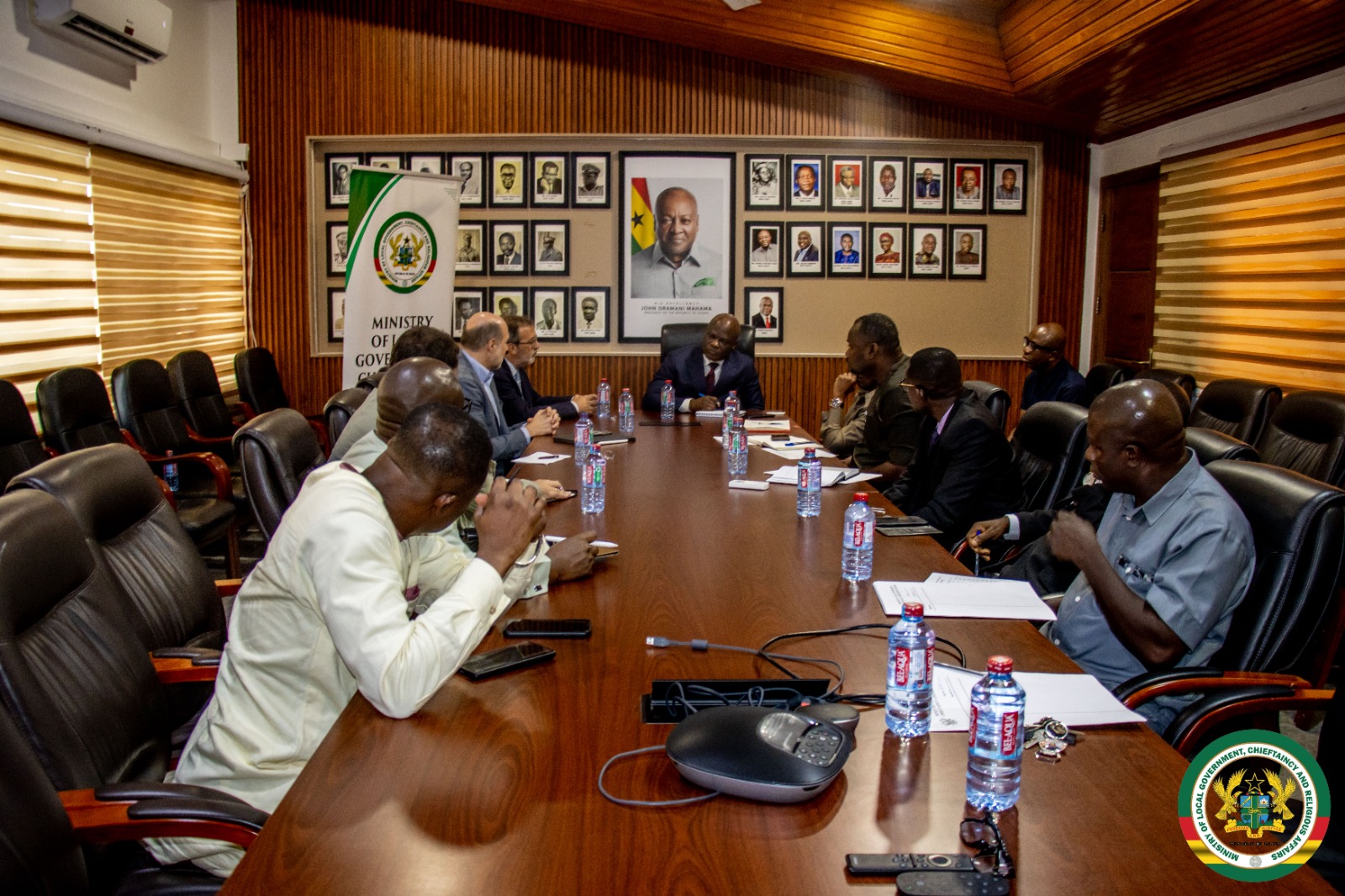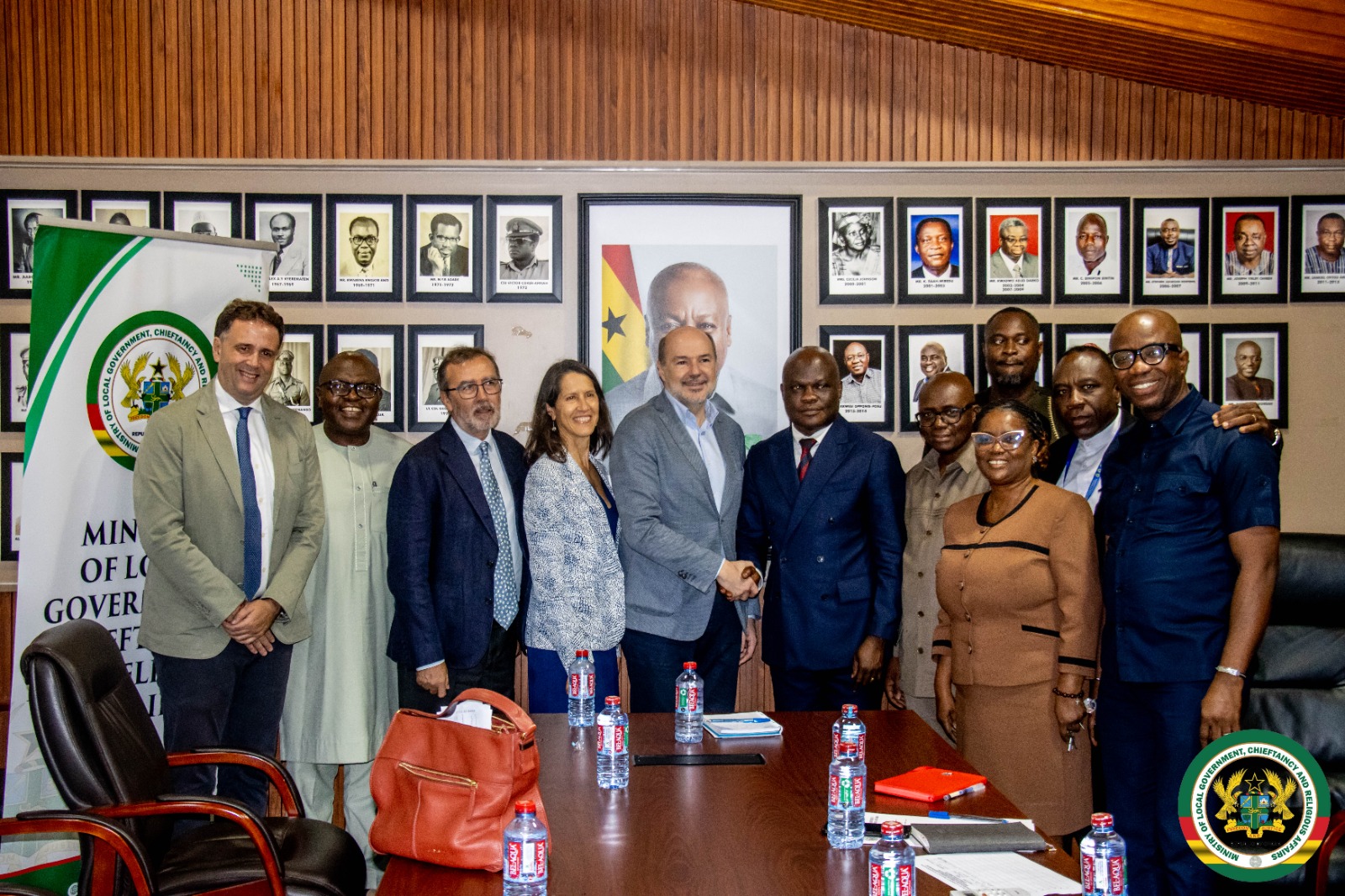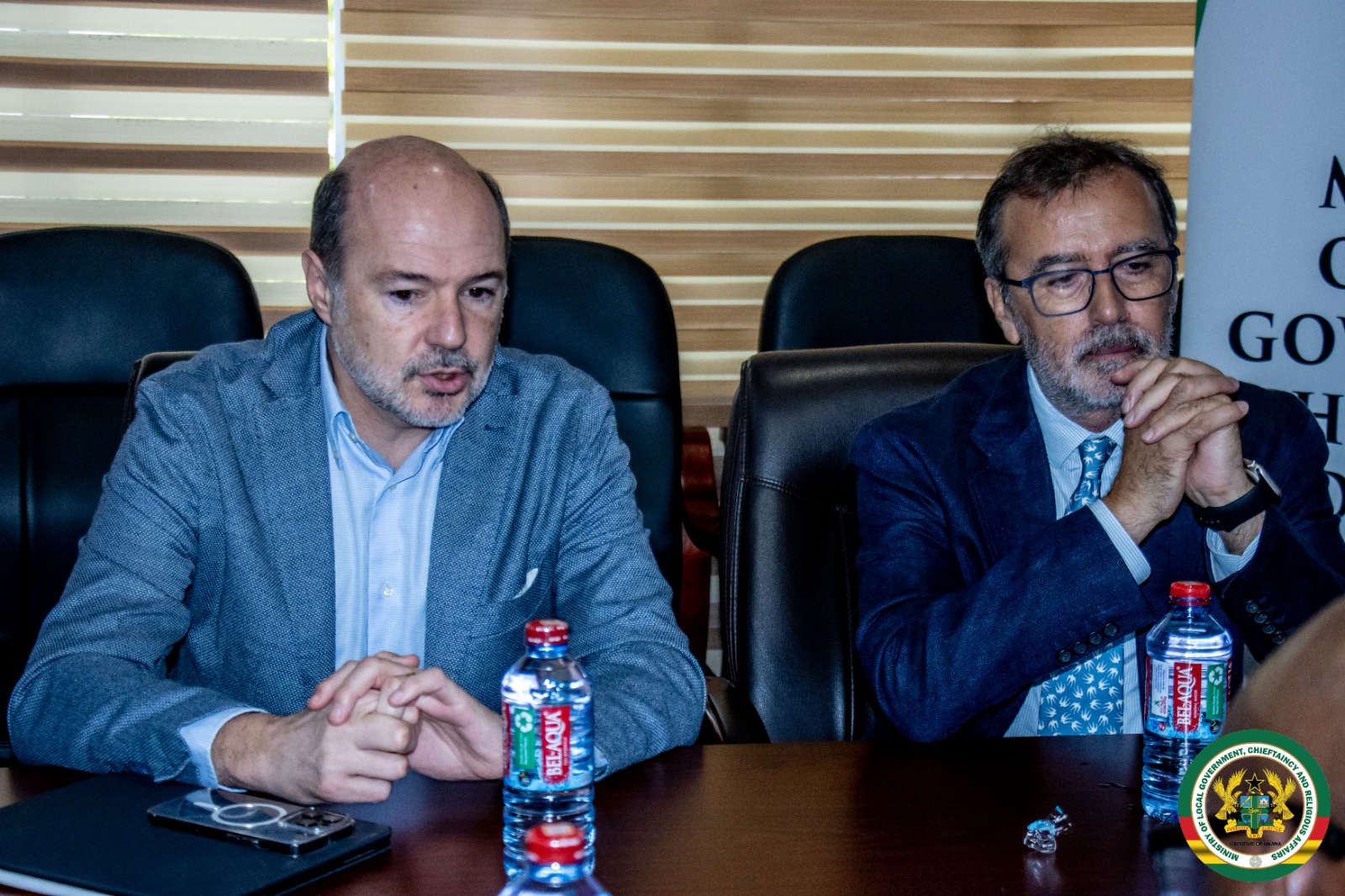The Hon. Minister for Local Government, Chieftaincy and Religious Affairs, Hon. Ahmed Ibrahim, has declared 13th–20th December 2025 as a National Sanitation Week, aimed at preparing cities and communities across the country for the Christmas season.
Announcing the initiative at a strategic meeting with MMDCEs and their Coordinating Directors in the Greater Accra Region, the Minister emphasized that the week-long exercise is critical as thousands of visitors return home or travel into the country during the festive period. He noted that maintaining clean, orderly, and hygienic surroundings is essential to projecting Ghana positively and ensuring a healthy environment for both residents and visitors.
Hon. Ibrahim observed that as Christmas approaches, the cities, especially Accra as the national capital, must reflect discipline and cleanliness worthy of the season. He said this is a time when many Ghanaians abroad return home, and thousands of tourists visit, therefore the environment must be clean, safe and welcoming.
He tasked all Assemblies to demonstrate strong leadership by galvanising residents, Assembly staff, community groups, traditional authorities and youth networks to participate actively in the sanitation week. He also underscored Greater Accra’s role in setting a national standard for environmental cleanliness.
The Minister charged the MMDCEs to lead by example by ensuring a 24- hour sanitation at the Assemblies as the flagship policy signifies with three Team leads doing a rotational clean-up, while enhancing the major streets with lights and painting of the pathways.
The Ministry he said will issue further operational guidelines to support Assemblies in delivering a successful, visible, and impactful National Sanitation Week.
Source: Chantal Aidoo
Public Relations Unit, MLGCRA

